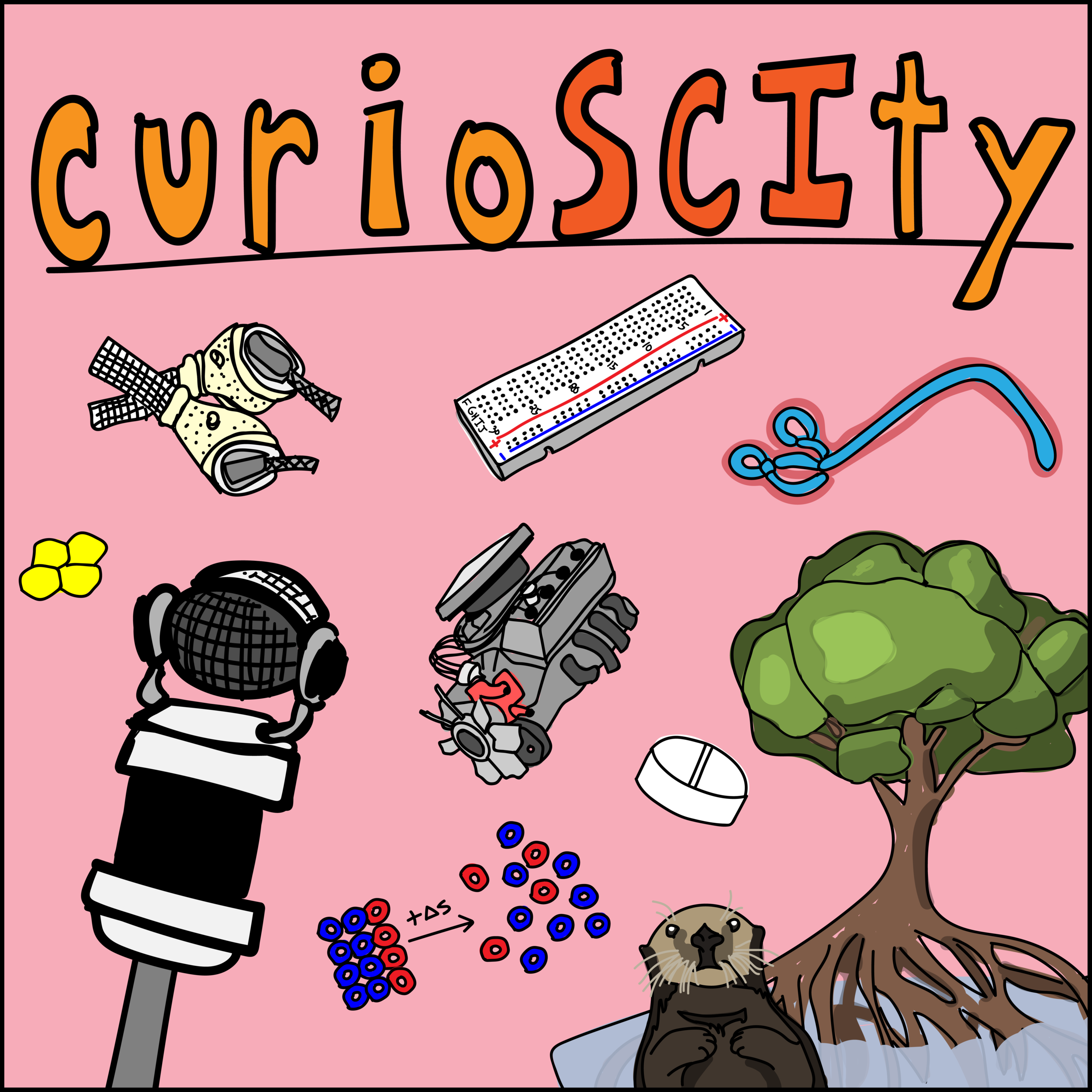33 - The Double Doc (w/ Adam Lauring!)
33. The Double Doc
The formal title doctor can refer to a variety of different research or professional degrees. To achieve one is a huge accomplishment; but is there a utility to having two? What kind of doctorates are there? What are the benefits or consequences of having more than one? Let’s learn to be scientifically conversational.
General Learning Concepts
1) The formal title: Doctor
a. What is a doctorate? The highest degree awarded by an educational institution, meant to represent mastery in a field of study or profession.
b. What types of doctorates are there? Two major types: academic degrees (like a Ph. D.) and applied degrees [2]
i. “A PhD is an academic degree focused on original research, data analysis, and the evaluation of theory. A professional doctorate focuses on applying research to practical problems, formulating solutions to complex issues, and designing effective professional practices within your field.” – Walden University
c. What is required to achieve such a degree? Time, effort, money (in some capacity).
2) Questions for Dr. Lauring
a. What drove you to seek having two doctorates?
b. What are some benefits of having an MD and a Ph.D.? Are there certain abilities afforded that you would not have with just one degree or the other?
c. Is there a specific way that you achieved your degrees (eg. A specific program)? Is that the only way to do it?
d. Did you do a post-doc or have a typical MD fellowship? Does this depend on the individual?
e. Do you practice medicine? If so, how much? Do you need to stay accredited in the same way to practice medicine as those with just an MD?
f. Do you think most MD/Ph.D.’s practice medicine, become research professors, or something else?
g. Did having multiple degrees help you find an academic position in an increasingly challenging job market? Do you feel that either degree “future-proofs” you if you were to stop doing research (though you have tenure, so congratulations!)?
h. How does infectious disease fit into having these two specific graduate degrees? Is it more useful or less useful (or other) to you than a cancer specialist or other such example?
i. If you didn’t follow this same career path again, what would you do? What would you do if you weren’t a scientist?


